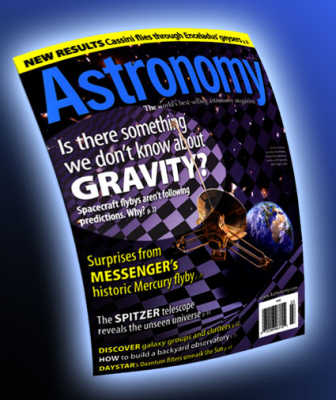
"...lest the systems of the fixed stars should, by their gravity, fall on each other, he [God] hath placed those systems at immense distances from one another." -- Isaac Newton, mathematician, 1687
"...to establish it [gravitation] as original or primitive in certain parts of matter is to resort either to miracle or an imaginary occult quality." -- Gottfreid W. Leibniz, polymath, July 1710
"But then if there were events of this character, discharges between planets and so on, I put one of the most outrageous claims before the scientific readers, that in the solar system and in the universe generally, not just gravitation and inertia are the two forces of action but that also electricity and magnetism are participating in the mechanism, so the Lord was not just a watchmaker. The universe is not free of those forces with which the man makes his life easy already more than 100 years. They were unknown practically or little known in the time of Newton in the second half of the 17th century. But today we know that electricity and magnetism, these are not just small phenomena that we can repeat as a kind of a little trick in the lab, that they permeate every field from neurology into botony and chemistry, and astronomy should not be free. And it was admitted by authorities that this was the most outrageous point in my claims. But the vengeance came early and swiftly. In 1960, already in 1955, radio noises from Jupiter were detected and this was one of the crucial tests that I offered for the truth of my theory. In 1958, the magnetosphere was discovered around the Earth, another claim. In 1960, the interplanetary magnetic field was discovered and solar plasma, so-called solar wind, moving rapidly along the magnetic lines and then it was discovered that the electromagnetic field of the Earth reaches the moon ." -- Immanuel Velikovsky, cosmologist, 1966
"It was only the downfall of Newtonian theory in this century which made scientists realize that their standards of honesty had been utopian." -- Imre Lakatos, philosopher, 1973
Wal Thornhill: Newton's Electric Clockwork Solar System.
We are told that gravity rules the cosmos. The story of the big bang, the origin of galaxies and stars, and our ultimate fate are founded on this belief. But the March 2009 Astronomy magazine carries the surprising headline, “Is there something we don't know about gravity?” The question should be, “why do we think that physicists know anything about gravity beyond mathematical descriptions of its observed effects?”Though Hannes Alfvén has two books on the subject...=)
All that modern physics has done is to obscure the need for serious investigation of an unsolved problem. Even some effects attributed to the action of gravity, like the bending of light, need not have anything to do with gravity. Indeed, we are so far from understanding gravity that we don't know the right questions to ask.
For example, orbital dynamicists have long known that Newton's law of gravity applied to the solar system predicts chaos in the short-term—perhaps a few million years—not aeons-long clockwork stability. So the first question that must be asked is why does the solar system appear to run like clockwork? This is not done in the usual history of the solar system. A strict application of Newtonian dynamics would render retro-calculation of planetary histories impossible. How can you concoct a history if you have no idea where the group of actors were in the past? Without understanding the cause of stability of the planetary system, the foundation of geology and planetary science is missing! We cannot explain the origin of the solar system.
No comments:
Post a Comment